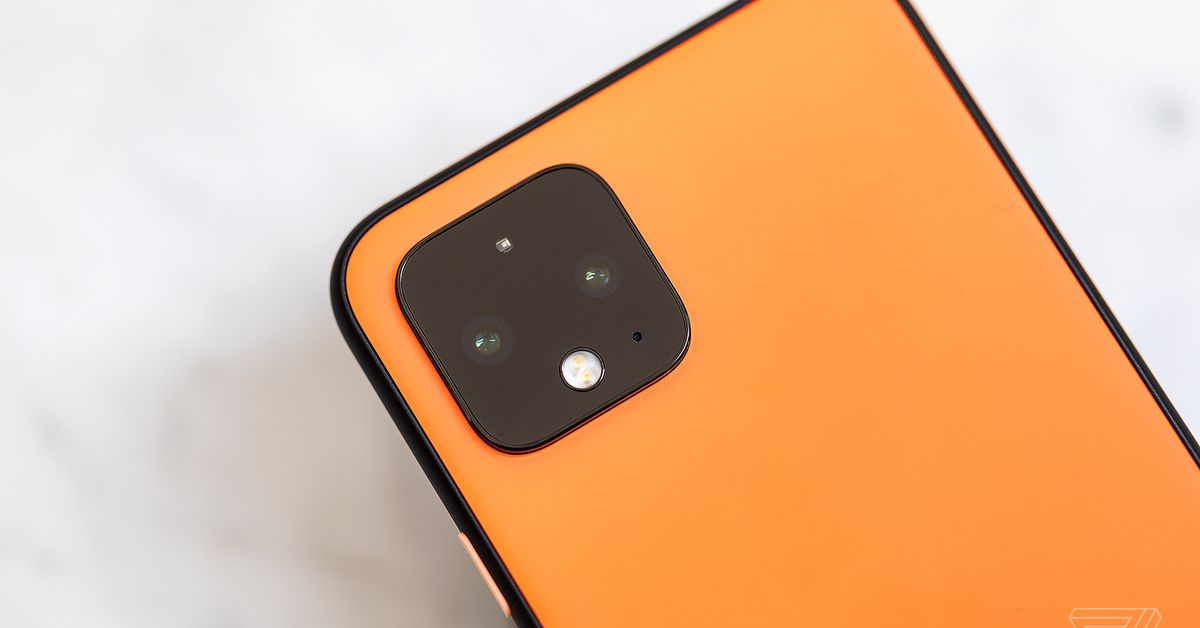While building the Pixel 4’s face retouching feature, Google says it talked to the professionals who are most familiar with making people look good: wedding photographers. In an interview with The Vergecast this week, Isaac Reynolds, the lead product manager of the Pixel camera, elaborated on the team’s decisions around face retouching. “There are certain lines we won’t cross,” he says, like making faces thinner, lips larger, and noses smaller. To avoid all of that but still find a way to make people look like their best selves, he says they brought in wedding photographers.
“That’s your most important moment on your most important day where you have to look good because you’re going to be looking at it for the rest of your life,” he says. “And we asked them, ‘What do you do for people on their wedding day when they’ve already put in all the effort to make themselves look amazing,’ which lots of people do every morning, and we tried to emulate what they were doing.”
He says the team particularly cares about skin smoothing. Reynolds calls it the “most important thing.”
“There are nuances to how you do skin smoothing because there are these, we call them frequency domains, but it’s basically there are very, very small features on your face like pores and that’s very high frequency,” he says. So the team wants to remove “what you look like today that isn’t you.” The example he gave is if he rested his face on his hand for an hour, he’d end up with a red mark. The camera would try to remove that and also raise the exposure in an effort to create a “glow.”
“We tried to capture the glow, which has a lot to do with exposure in tone mapping and a little bit of skin smoothing, and it ends up making people look like how they see themselves,” he says. “Most people, you stand five feet away from a mirror, look at yourself in the morning and go, ‘I look good.’”
For selfies, Google turns face retouching on by default for the first time on the Pixel 4. It’s a peculiar decision, given that Reynolds says Google’s goal for the Pixel camera is to help people capture the most accurate memory of a day. It also suggests that Google’s aware that people value looking good in their photos over accuracy, especially if they’re having a bad skin day or week and they might be sharing these photos on social media. (Google gives people the option to turn retouching off completely, too.)
The sole focus on skin smoothing retouches contrasts other camera apps, like Instagram, in which users have the option to try Augmented Reality filters that alter their faces completely and even add new facial features, like freckles. Those apps haven’t drawn as firm of a line around what users can do with their cameras. Other phone makers, like Apple, on the other hand, have gone the complete other way by not having a built-in face retouching setting at all.
“We have actually [done] lots and lots of thinking, and I’m thinking of multiple documents and slide decks that we’ve created, thinking about where that line is [with facial retouching] and why it should exist that way,” Reynolds says.
